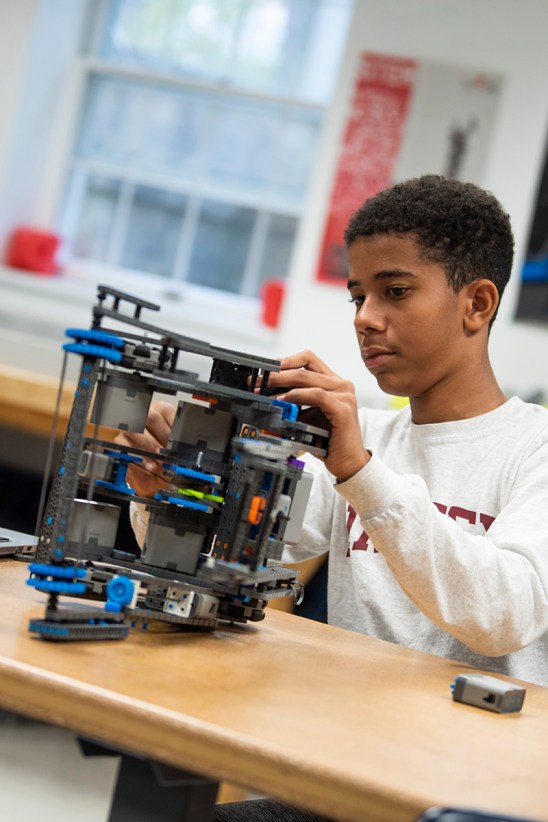
Parent-Child Interaction Therapy and its Benefits
There are numerous therapeutic modalities out there to help kids deal with a range of issues. Take Parent-Child Interaction Therapy (PCIT), an evidence-based, family therapy treatment that is designed to help young children who are exhibiting behavioral issues. During a PCIT sessions, parents and kids come together in different phases that focuses on enhancing the parent-child relationship and improving the child’s behavior. Thus, this can provide parents with the tools to address their children’s issues in a positive and supportive manner.
To learn more we spoke with Licensed Clinical Psychologist Dr. Tasha M. Brown. Additionally, Dr. Brown is the founder of Thriving Mindful Balance who recently opened her TMB Psychological Services. Her team also sees patients virtually across four states – New York, New Jersey, Florida and Connecticut and in person in Westchester.
Read on to learn more about PCIT and how it works.
Westchester Family: Congrats on your new clinic, TMB Psychological Services. What services do you offer?
Dr. Tasha M. Brown: I am so excited to expand services in the Westchester area and look forward to working with new families! We offer a wide variety of services. This includes Parent-Child Interaction Therapy, Individual Therapy, Family Therapy, School Consultation, School Observations, Home-based Consultation and Coaching, Parent Coaching, Group Therapy, Parent Management Training, and SPACE (Supportive Parenting for Anxious Childhood Emotions). In addition, we also offer training and workshops.
Westchester Family: How can a family know what services they should receive?
Dr. Tasha M. Brown: It can be very difficult for parents and caregivers to decide what services are best for their family. When deciding what services are appropriate for your family, I encourage parents and caregivers to think about the areas causing the most strain for an individual or family.
Parents and caregivers should be prepared to speak in detail with a licensed mental health professional about what is happening with their family and/or children. This way, they can help you decide what services are best. Additionally, I encourage parents to research different types of therapy and therapists. They can also ask other individuals who have experience with therapy to hear about their experiences.

Westchester Family: Tell us more about PCIT. How can it help young children?
Dr. Tasha M. Brown: I always get so excited to speak about Parent-Child Interaction Therapy (PCIT). PCIT is a treatment for children and their caregivers that focuses on improving the parent-child relationship and improving disruptive behavior.
The treatment has two phases. The first treatment phase focuses on enhancing the parent-child relationship, and the second focuses on improving the child’s behavior. One of the many things that I love about PCIT is that the focus of each session is to coach parents in real time as they interact with their child, using the skills learned in treatment.
Firstly, PCIT is designed for children ages 2 to 7 with behavioral challenges such as defiance, difficulty listening and following directions, temper tantrums, attention-seeking behaviors, hyperactivity, destructive behaviors, low frustration tolerance, and parent-child conflict.
Finally, PCIT is a short-term treatment. Families typically complete treatment and see significant changes in their child’s behavior in 4-6 months. To learn more about PCIT, please visit this website.
Westchester Family: Why is therapy important even if families aren’t dealing with kids who have behavioral issues?
Dr. Tasha M. Brown: I truly believe that therapy is a beautiful gift for families. Having your child, adolescent, and/or family participate in therapy is an investment in their future in many ways. Therapy equips individuals with the wide variety of skills they will need to navigate obstacles and become confident, resilient individuals.
In addition, therapy is an essential resource for individuals who experience anxiety, depression, or trauma. I always like to remind families that therapy is not just about addressing immediate issues. However, it is about laying a strong foundation for lifelong emotional health and well-being.
Westchester Family: Do you have anything else to add?
Families can get more more information here and reach out for a 15-minute consultation.
















